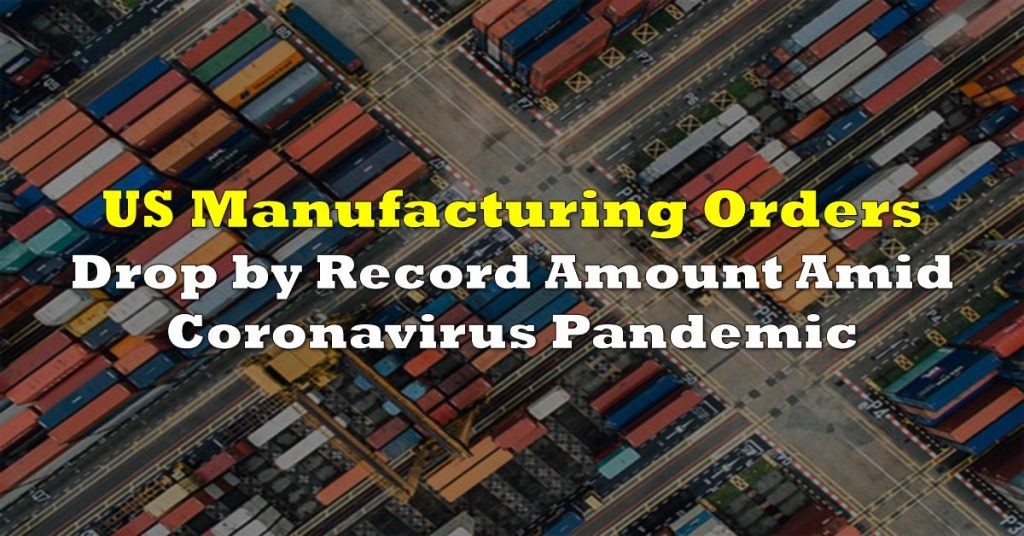As the coronavirus pandemic continues to wreak havoc around the world, several large companies are contemplating moving their production out of China. The tech giant Apple recently had its executives begin plans with Indian government officials regarding the company’s search for production alternatives.
If the plan does materialize, it will see Apple move approximately 20% of its production capacity to India, thus becoming the country’s largest exporter. In fact, Apple is currently projecting to generate $40 billion worth of export revenue over the next five years, putting it in a favorable position for Indian manufacturing.

Currently, India has put in place a Production Incentive Scheme, which is meant to incentivize both domestic and international mobile phone manufacturers to either remain in India, or relocate production into the country. As per terms of the incentive scheme, a company is required to manufacture a minimum of $10 billion worth of mobile phones in a duration of five years in order to be eligible for benefits.
If Apple does successfully move smartphone production to India, it could potentially contribute to the country’s economic well-being. Last year, Donald Trump graduated India from developing country status to developed country status, thus stripping it from receiving special and differential treatment provisions as outlined by the World Trade Organization. However, India still suffers with very low GDP per capita levels, with over 364 million people living in some form of poverty. The relocation of Apple’s smartphone manufacturing to India could potentially help decrease income inequality, and finally align the country with Donald Trump’s arrogant developed country declaration.

Information for this briefing was found via MacRumors and ET Now. The author has no securities or affiliations related to this organization. Not a recommendation to buy or sell. Always do additional research and consult a professional before purchasing a security. The author holds no licenses.









